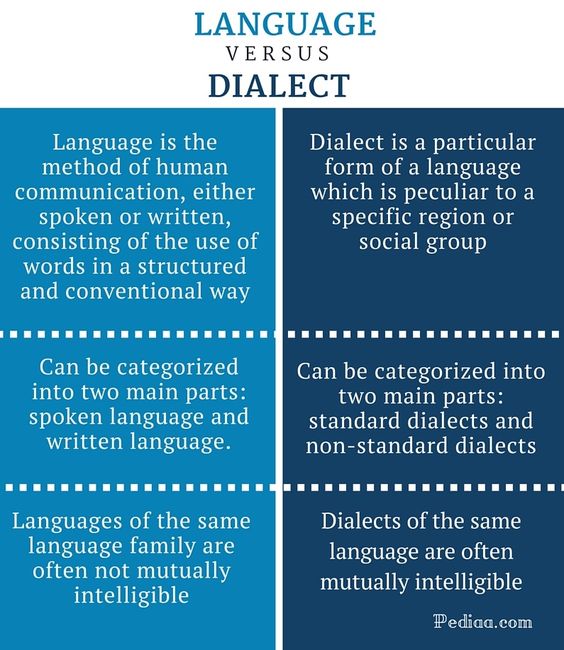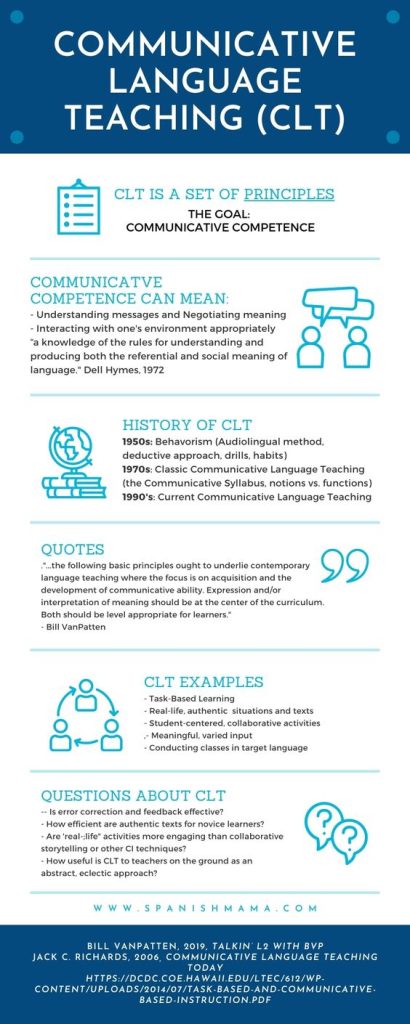
 Language immersion is a powerful method for acquiring proficiency in a new language by surrounding oneself with the language in everyday life. This approach goes beyond traditional classroom learning, offering a holistic and immersive experience that accelerates language acquisition and enhances cognitive abilities. In this article, we will discuss the benefits of language immersion and how it fosters multilingual proficiency while enhancing cognitive skills.
Language immersion is a powerful method for acquiring proficiency in a new language by surrounding oneself with the language in everyday life. This approach goes beyond traditional classroom learning, offering a holistic and immersive experience that accelerates language acquisition and enhances cognitive abilities. In this article, we will discuss the benefits of language immersion and how it fosters multilingual proficiency while enhancing cognitive skills.
Accelerated Language Learning:
One of the most significant advantages of language immersion is its ability to accelerate the process of language learning. By surrounding oneself with the target language in everyday situations, learners are constantly exposed to authentic language usage, including vocabulary, grammar, and pronunciation. This immersive experience allows learners to absorb language naturally, without the need for explicit instruction or translation. As a result, language skills develop more rapidly, leading to faster progress in speaking, listening, reading, and writing in the target language.
Cultural Understanding and Contextual Learning:
Language immersion provides learners with a deeper understanding of the cultural context in which the language is spoken. By interacting with native speakers, participating in cultural activities, and experiencing daily life in a different culture, learners gain insights into the customs, traditions, and values associated with the language. This cultural immersion enhances language learning by providing real-world context and making language acquisition more meaningful and relevant to learners’ lives.
Improved Cognitive Abilities:
In addition to enhancing language skills, language immersion has been shown to improve cognitive abilities in learners. Research has demonstrated that bilingual and multilingual individuals often exhibit superior cognitive functions, such as problem-solving, multitasking, and creative thinking, compared to monolinguals. The process of learning and using multiple languages strengthens neural pathways in the brain, leading to enhanced cognitive flexibility and mental agility. Moreover, language immersion promotes adaptability and resilience, as learners navigate linguistic and cultural challenges in their immersive environment.
Confidence and Communication Skills:
Language immersion builds learners’ confidence and communication skills by providing ample opportunities for meaningful interaction in the target language. Through daily conversations, discussions, and social interactions with native speakers and fellow learners, individuals gradually develop fluency and proficiency in expressing their thoughts and ideas. This increased confidence in using the language fosters effective communication skills and promotes intercultural competence, enabling learners to connect with people from diverse linguistic and cultural backgrounds.
Long-Term Benefits:
The benefits of language immersion extend beyond immediate language proficiency, yielding long-term advantages in both personal and professional domains. Multilingual individuals have a competitive edge in the global job market, with opportunities for international careers, cross-cultural collaboration, and enhanced employability. Moreover, language proficiency opens doors to diverse cultural experiences, fosters empathy and understanding, and enriches personal relationships with people from around the world.